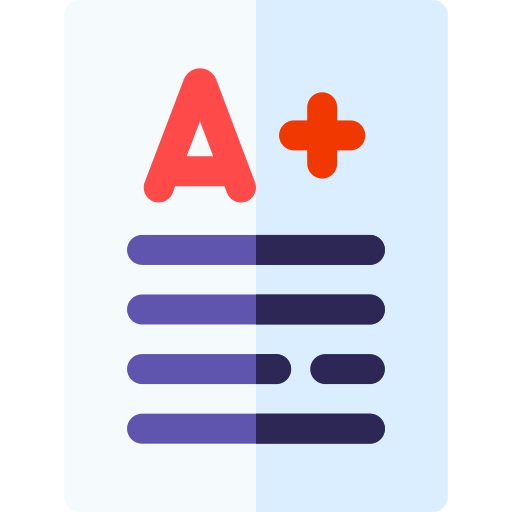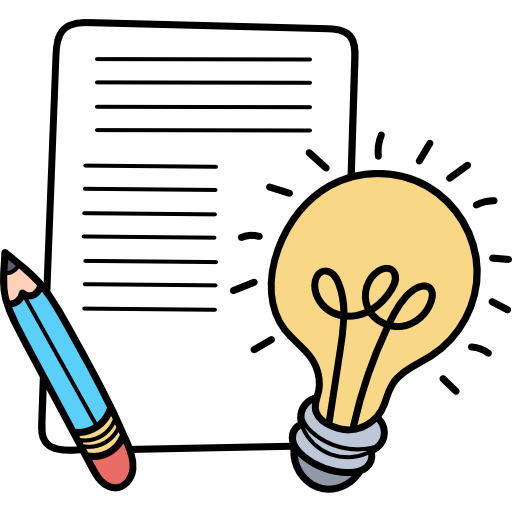أوراق عمل لغة انجليزية الصف العاشر الفصل الثالث
Read the text and Choose the correct answers
The Impact of Water on the Body
Do you have any idea how water is for us? We need water to make our body and our brain work Our brain is mostly made of water, and we need to drink plenty of it to help us think and to our best ability. If we are dehydrated, our brain dæsn't function as well as it should, leading to problems with memory and performance. Studies have even shown that students who took bottled water into examinations ended up with grades
Drinking water helps our to get rid of things we don't need, which makes sure we stay healthy. When we drink enough water, our kidneys work well, which stops the build -up of harmful substances in our body. Water is for our appearance, too. It keeps the skin clear and fresh, and can help to keep it looking young. What's more, it's free! Fizzy drinks are expensive, and they contain lots of sugar. Sugar is bad for our teeth and it has other side effects, such as increasing the risk of diabetes and
causing weight gain
In fact, if we want to lose weight, drinking water is an easy way to help with this Drinking water before and during a meal helps us to feel full — so we eat less! Water also helps us to digest focxi, so it's a gcx)d idea to drink it with a mæl. If the weather is hot, or if we do lots of exercise, we sweat, which means our body loses water
This is why its important to stay hydrated, to replace what we lose. Muscles without enough fluid intake get tired more quickly and they don't perform as well as they should
If we don't drink enough water, our body will start to show signs of dehydration: we might get headaches, feel tired and forgetful; we may get a dry mouth, dry skin and dry eyes; we may even suffer from aches and pains. Drinking lots of water will prevent this
In short, drinking water is an easy and free way to feel lots of health you know if you are drinking enough
Read the text below and choose the best answer A, B or C . There is one example
While the majority of 18- year - old students finish Grade 12 and go straight from school to university, some take a break for a year or two. These students (sometimes called 'gappers') often say that they want the chance to enjoy life as an independent adult for the first time, and think about what they want to study next. In fact, a growing number of students take a gap year after school and then head back into higher education via a roundabout route of working and 'gapping'. According to recent research, 105,000 students aged 19 and 44,400 aged 20 started higher education last year — numbers that show a big increase in this age group over the previous three years. Christine Smithson is a typical example. Christine left school at 16 with seven good GCSEs, but did not want to continue studying at the time
She says she was also worried that she might find higher education too difficult. So, she chose a different path and decided to become a hairdresser. She really enjoyed the job and meeting and chatting to people every day. She found that her confidence improved and that she learned how to talk to anyone of any age. However, after two years, she began to realise that it was not what she wanted to do for the rest of her life. After reading about the courses at her local college, she decided to study Social Sciences to prepare herself for university. She completed the course last July and is now an undergraduate student at Bath University where she is studying Sociology
Christine says that she is glad that she took a break from education because it gave her time to leam more about people and decide what she really wanted to study
EXAMPLE: According to the article, what do the majority of 18 -year - old students do when they finish Grade 12
A. Start work
B. Take a break
C. Start their university studies
Read the text and choose the correct answers. There is one example
Drones, Conservation and the Plastic Waste On a grey day on an English south coast a young woman is holding a white remote control while a man is down the beach. They have with them a drone: in fact, it's a Phantom Profesional They watch it fly over the beach, taking pictures and wunding like an angry bee
This is 21st century conservation. Ellie isn't playing with a birthday present. She's one of the of The Plastic Tide, a conservation organisation started by the other on the Peter Kohler. Their mission is to try to monitor and reduce the ever-growing amount of plastic turning up on beaches all around Britain. The Plastic Tide project will change the way plastic waste in the environment is found. It has developed a computer program that that are taken by drones. It is able to identify plastic in these images, and it then creates an accurate map showing where the worst plastic problems are located
At the moment, we only know what happens to about one per cent of all the plastic that goes into the So where is the other 99 per cent? until now, there hasnt a good way of measuring this. NASA (the USA's space agency) and the ESA (the European Space Agency) are also trying to identify plastic from satellite photos, but their system is not yet as accurate as The Plastic Tide's
The Plastic Tide is planning to take images of 30 of Britain's beach areas Members of the organisation will use drone technology to get the they need to discnver what to all the waste plastic dumgEd in the sea
They will then the photos onto a website where voluntærs help find things in large amounts of data. Volunteers will search for plastic in the drone's photos, which will help the program learn the differenæ between a stone and, say, a plastic button. When the has been deve10FHi more, it will be available free to anyone, anywhere in the world. Furthermore, drone owners will be asked to contribute images they have taken to increase the accuracy of information on the database




